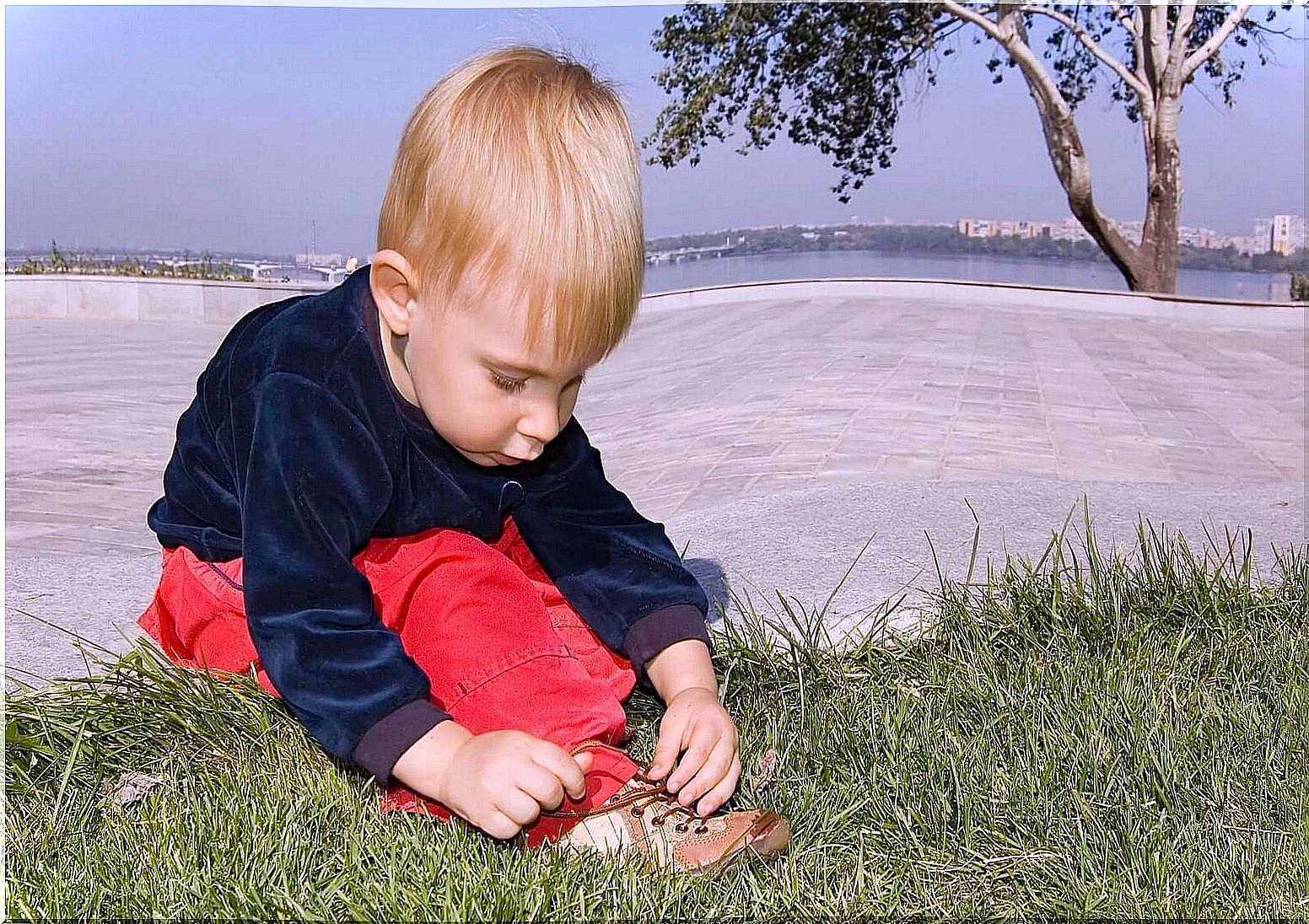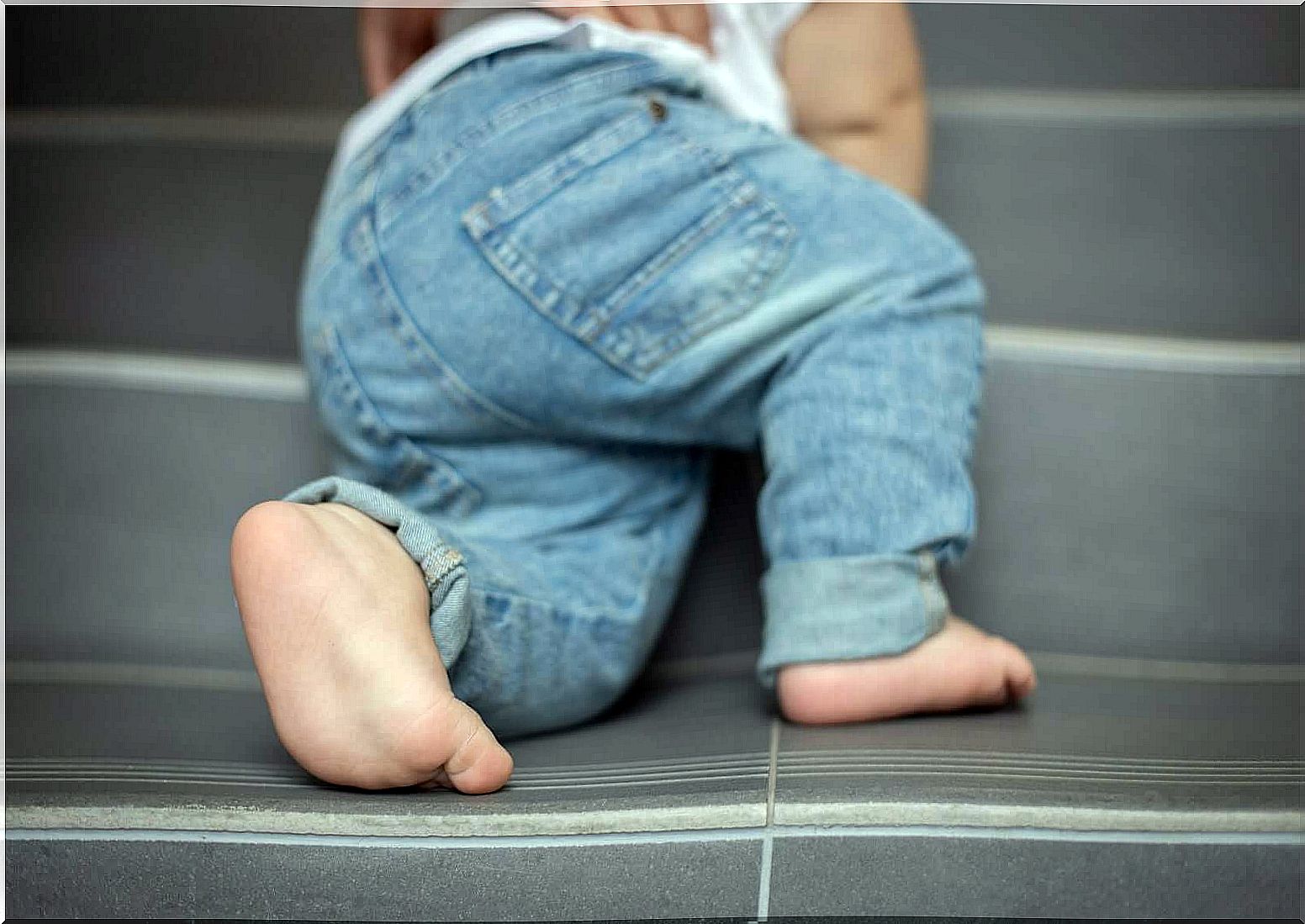Avoid Saying These Phrases To Educate With Resilience

We can’t control the challenges our children will face in their lifetime, but that doesn’t mean we can’t prepare for them. One of the most powerful gifts we can give them is the resilience, the ability to overcome the inevitable obstacles that will come their way – that is, to educate with resilience.
Avoid saying these phrases to educate with resilience
Helping children develop resilience means they will be able to bounce back from setbacks rather than sinking into them. Unfortunately, there are many well-meaning things parents say that can inadvertently hinder this developmental ability.
“It was nothing”
While this phrase may seem like it encourages courage and endurance, it’s actually sending the message that children can’t trust what they feel.

Instead, try to validate your child’s emotions while using tone and body language to send the message that you think he’ll be okay. If your child falls and hurts his knee, you can feel empathy, but control that feeling so you don’t act like an emergency.
Don’t run or cry out of pity because your child got hurt. Take it easy, look at the scratch and ask if it’s okay. This approach lets your child know that even though he is in pain, his feelings are okay and he will recover.
“Let me do it” , one of the phrases to be avoided to educate with resilience
Whether it’s because you’re in a hurry or because you find it difficult to see your child struggling, it’s easy to want to solve his problems. That doesn’t mean you can’t help and support him, just try not to solve everything for him.
If the child is having trouble tying his shoes, it is easier to tie for him than waiting to see if he really needs help. If your child is arguing with a friend, you might want to talk to the other child’s parents and try to fix things behind the scenes. However, doing these things will only cause pain in the long run…
Offer the minimum amount of help needed for your child to succeed. Instead of just tying his shoe, try offering verbal support by saying something like, “Now get a rabbit ear.” If he’s still struggling, offer to tie one of the shoes as an example. If you’re in a hurry, you can tie the child’s shoe, but then teach how to do it calmly at another time.
Watch your child to see how much he can control. You want to challenge him, but not overwhelm him. No doubt there will be times when you won’t have time to let your child do something on their own, and there’s no problem with that either.
There may not be time for him to tie his shoes in the morning before he goes to school, but he can practice on weekends. As he becomes more capable, he will be able to do more things on his own.
“This is easy, you can do it”
While that little sentence may sound encouraging, telling a child that something that seems challenging is easy will only make them lose the will to try. Instead, try saying something like, “I know it’s hard, but I think you can do it.” This will emphasize your ability to overcome difficult things.

“You will fall”
It’s not fun to see children falling and hurting themselves, but when you see your child doing something that worries you, try to assess the situation.
Is he likely to get hurt or just hit something and come away with a bruise? Is there a way to protect your child without him noticing? By constantly telling children to be careful because they might fall, we are sending the message that they are not safe.
Each parent must use their judgment and their own comfort level in the face of risk. When you see your child starting to climb the slide while a larger child is at the top about to descend, you’ll probably want to stop him to keep him from hurting himself. However, when you see your little one climbing a ladder for the first time, try to simply stick around to catch him if he falls, but don’t let him see your fear.
It is important that children learn to assess risk on their own so they can determine when they are really unsafe and when it is okay to take a small risk to try something new. Your guidance is critical to their success.









